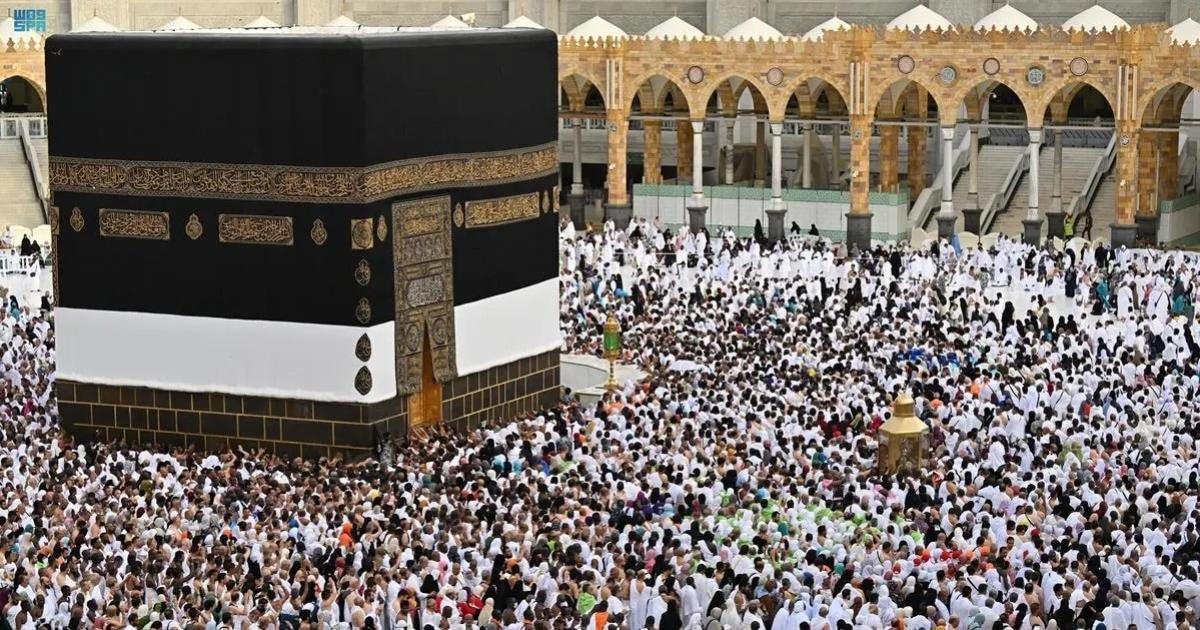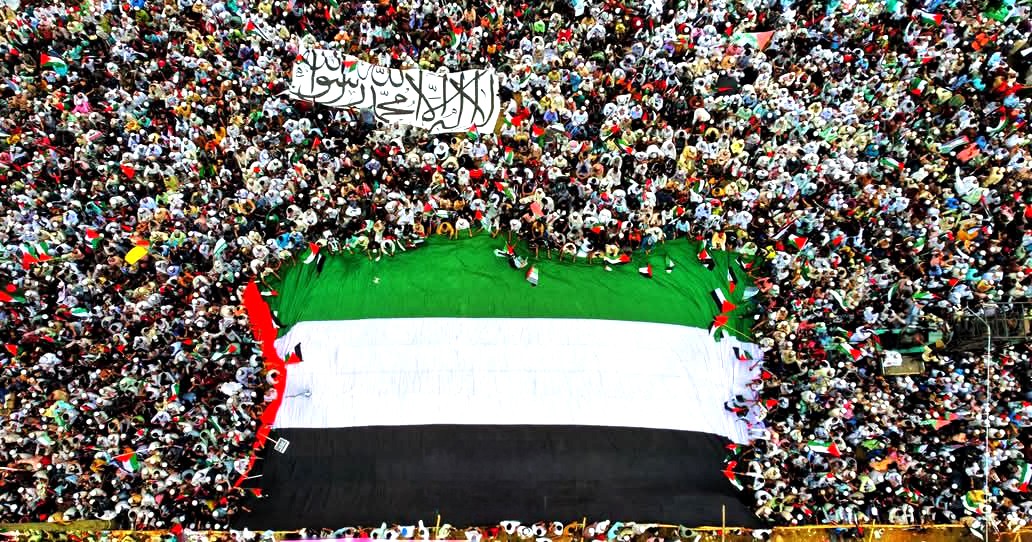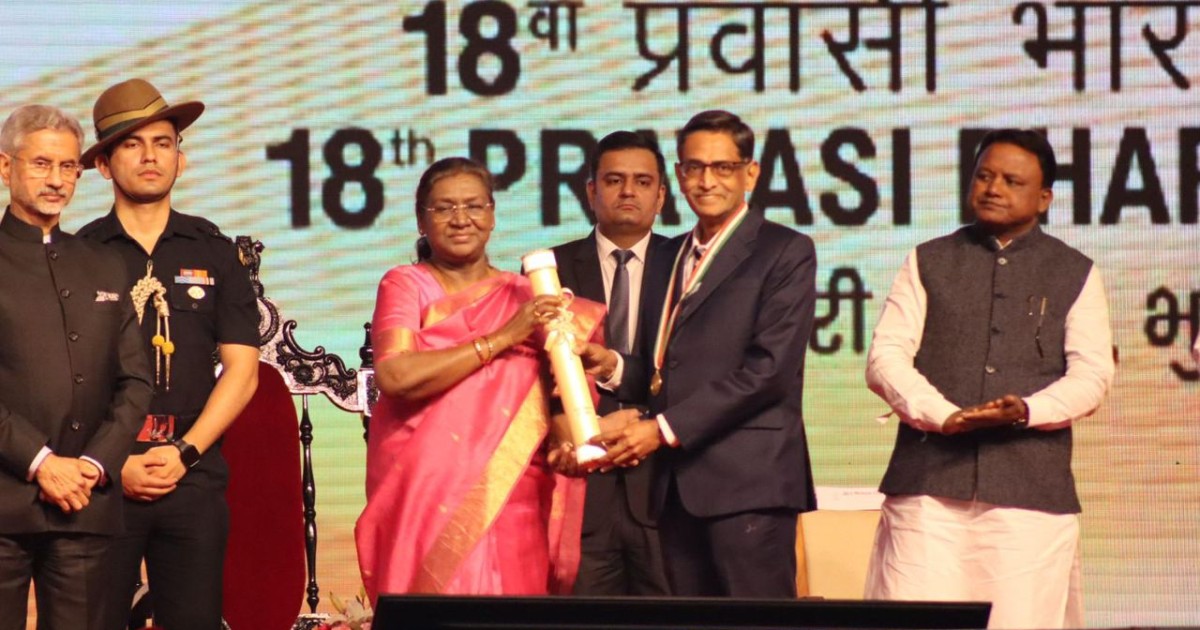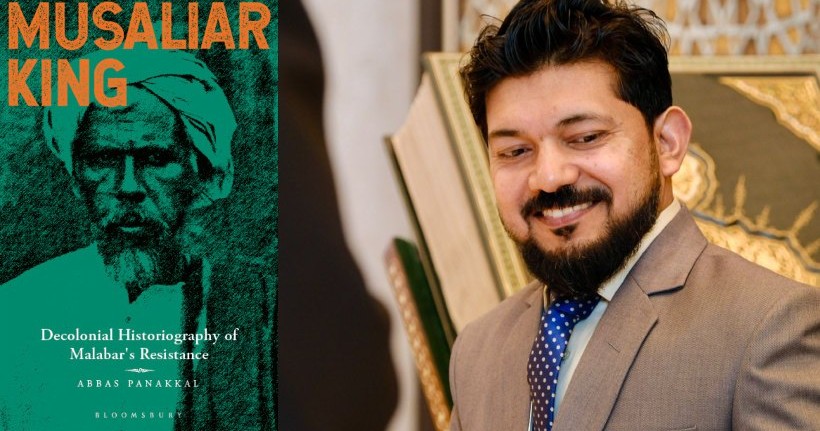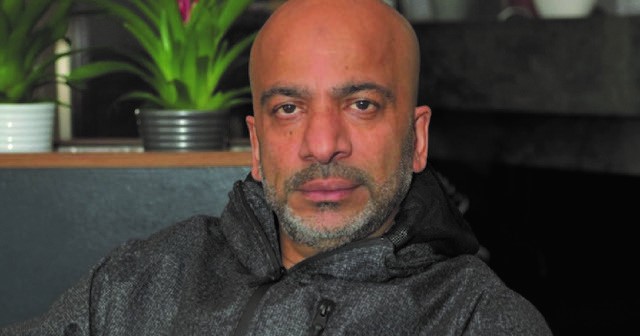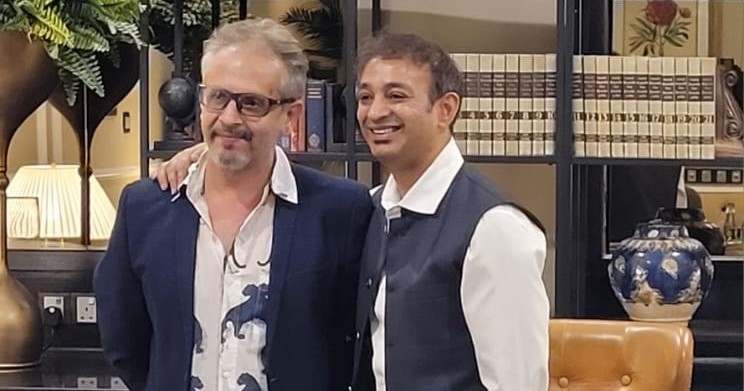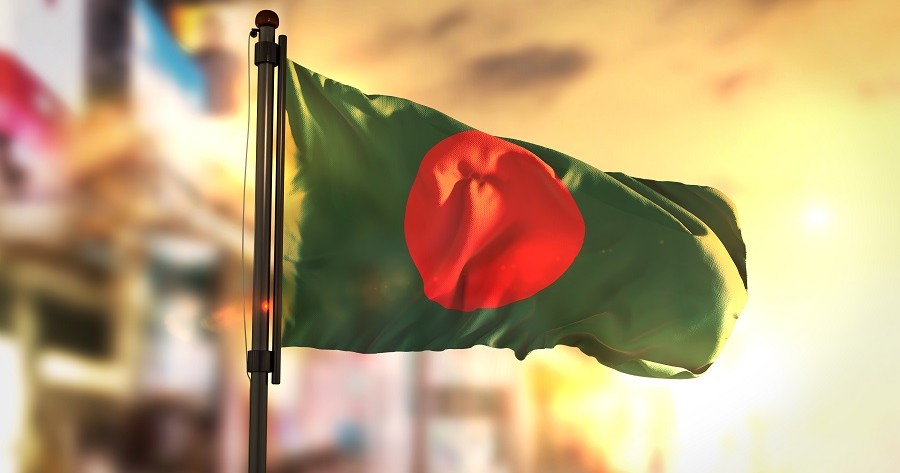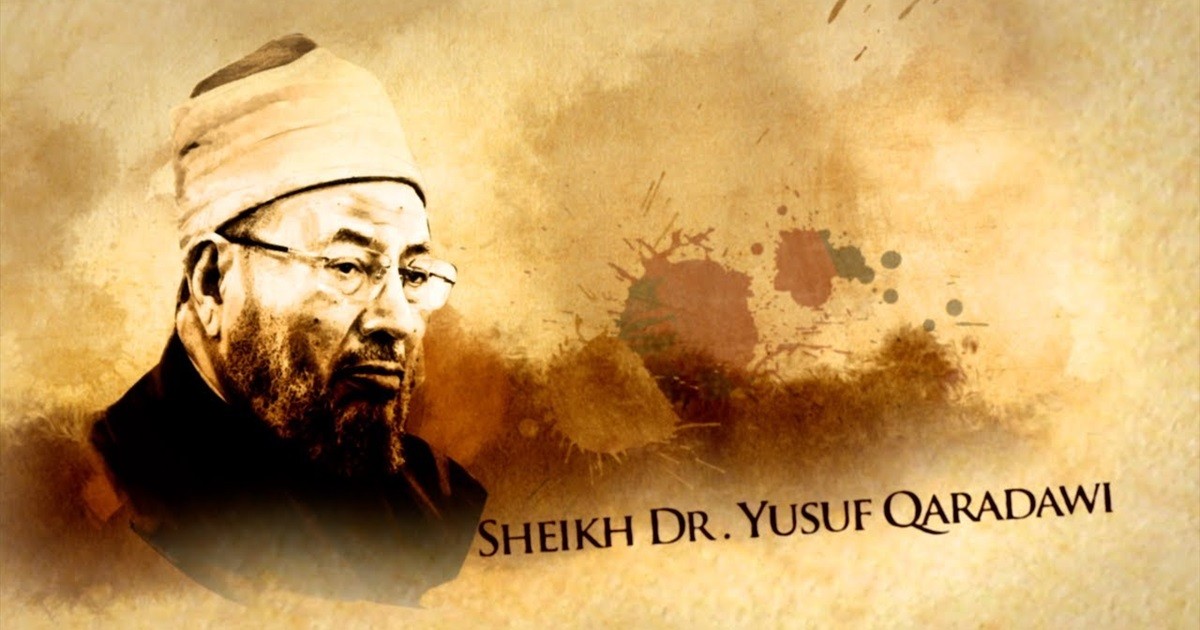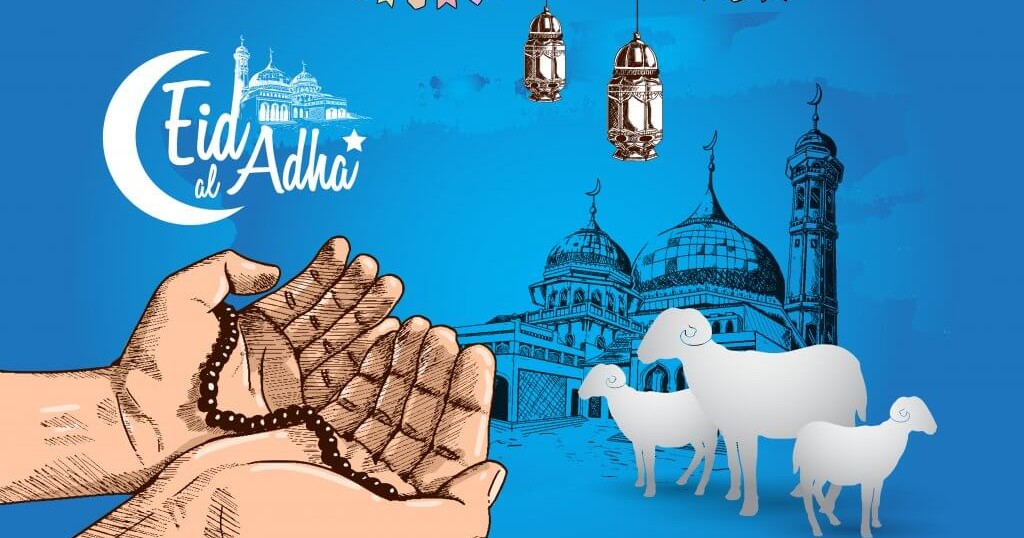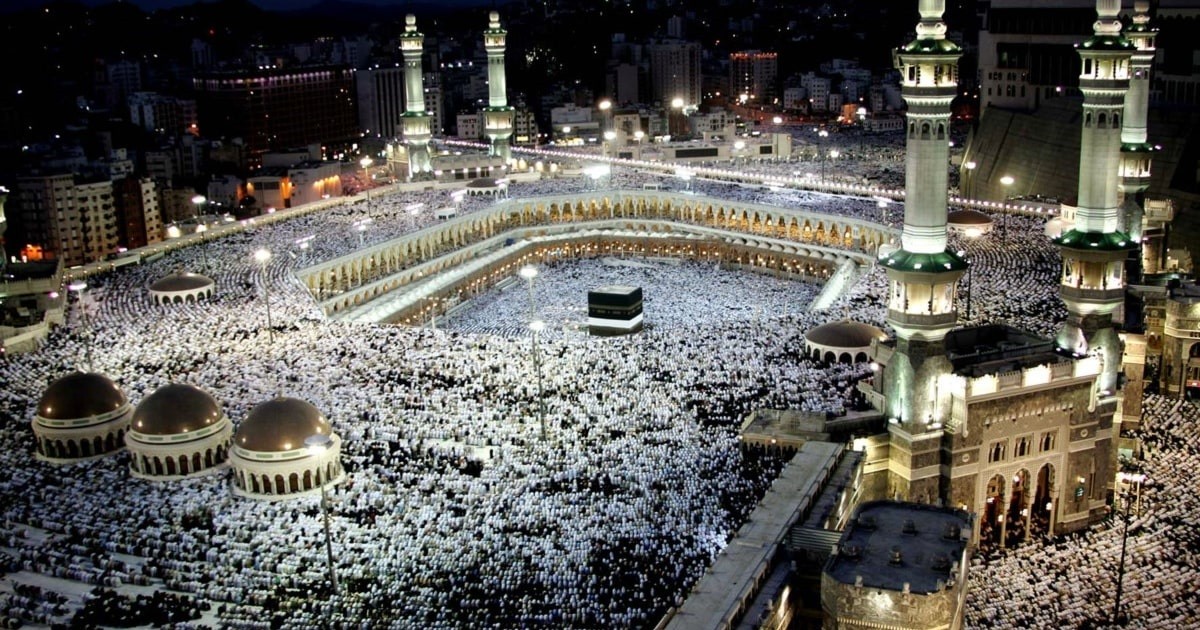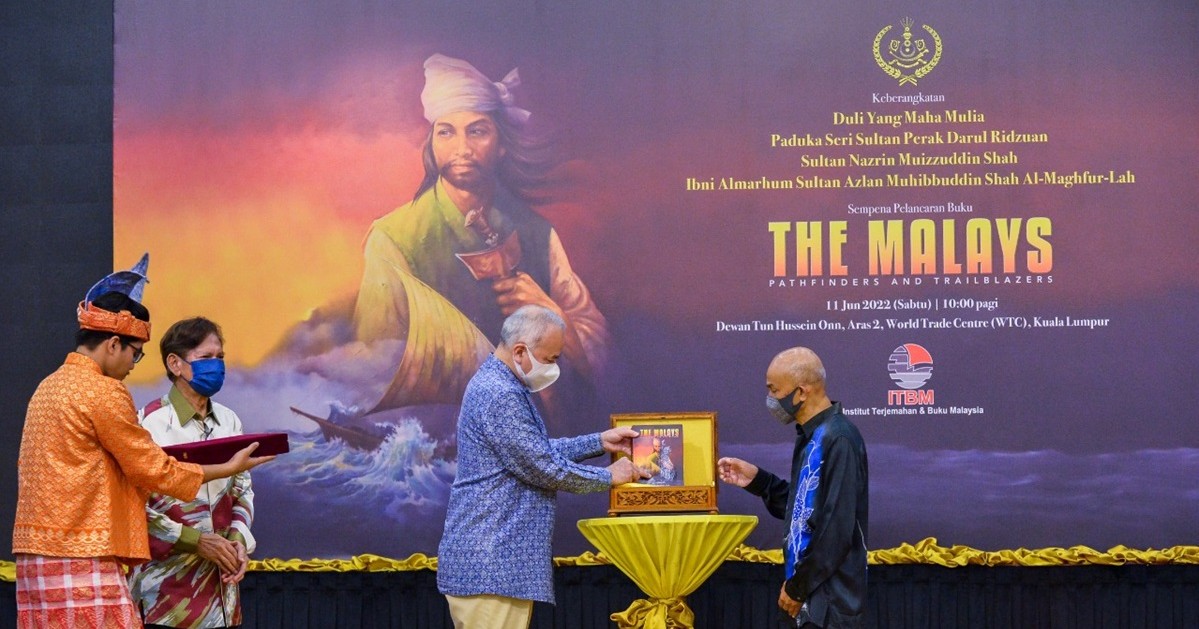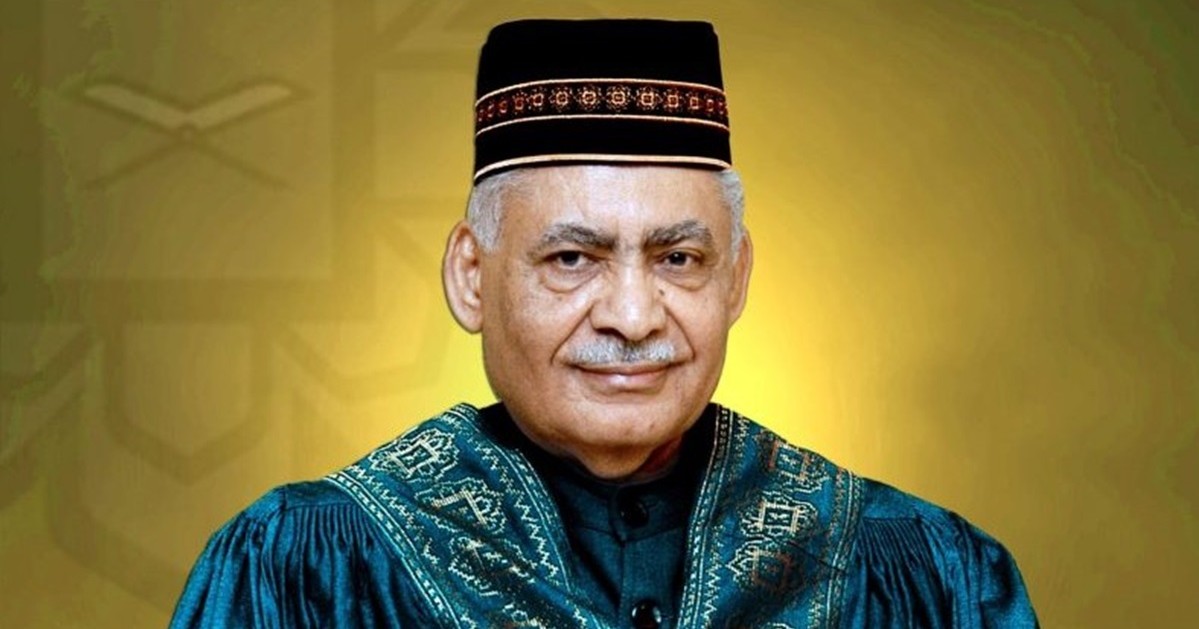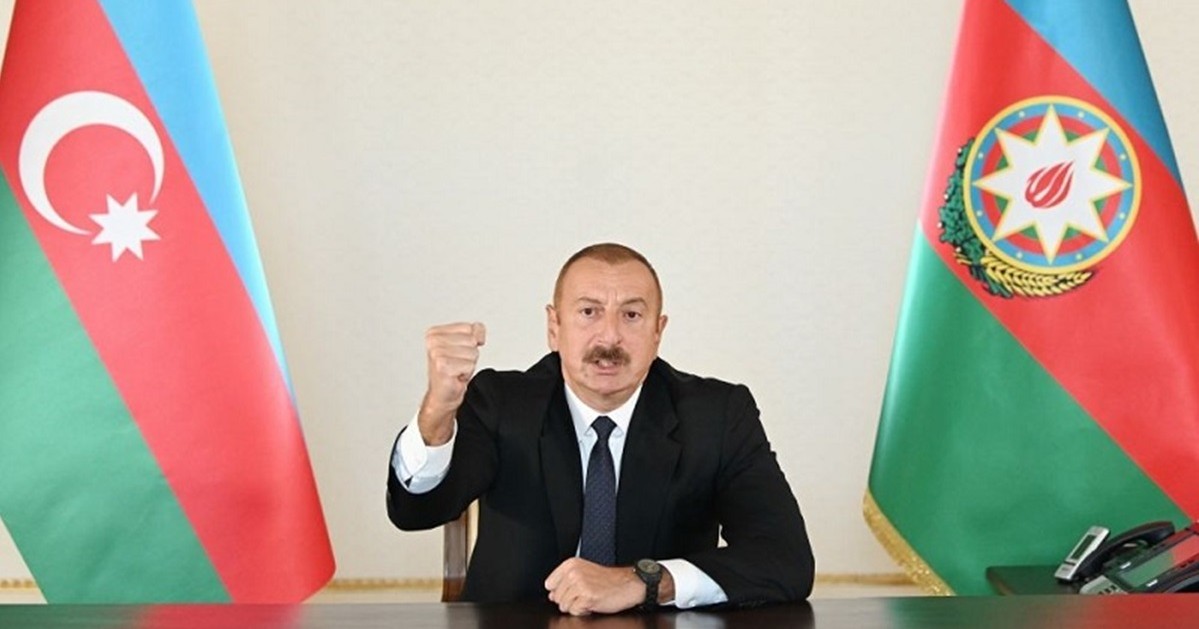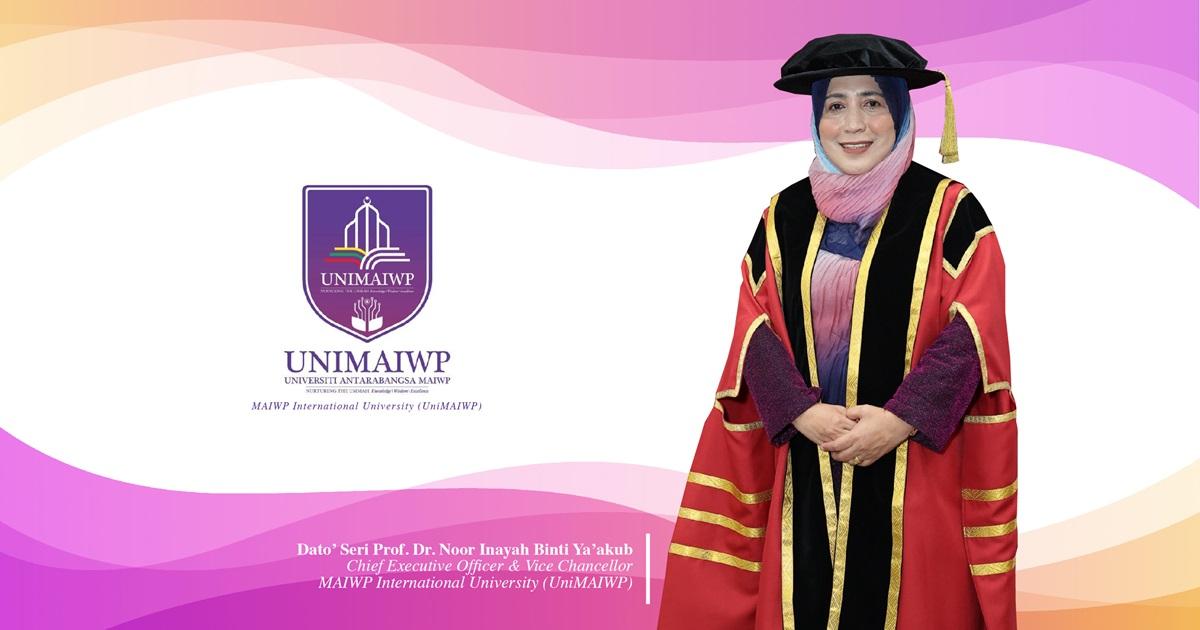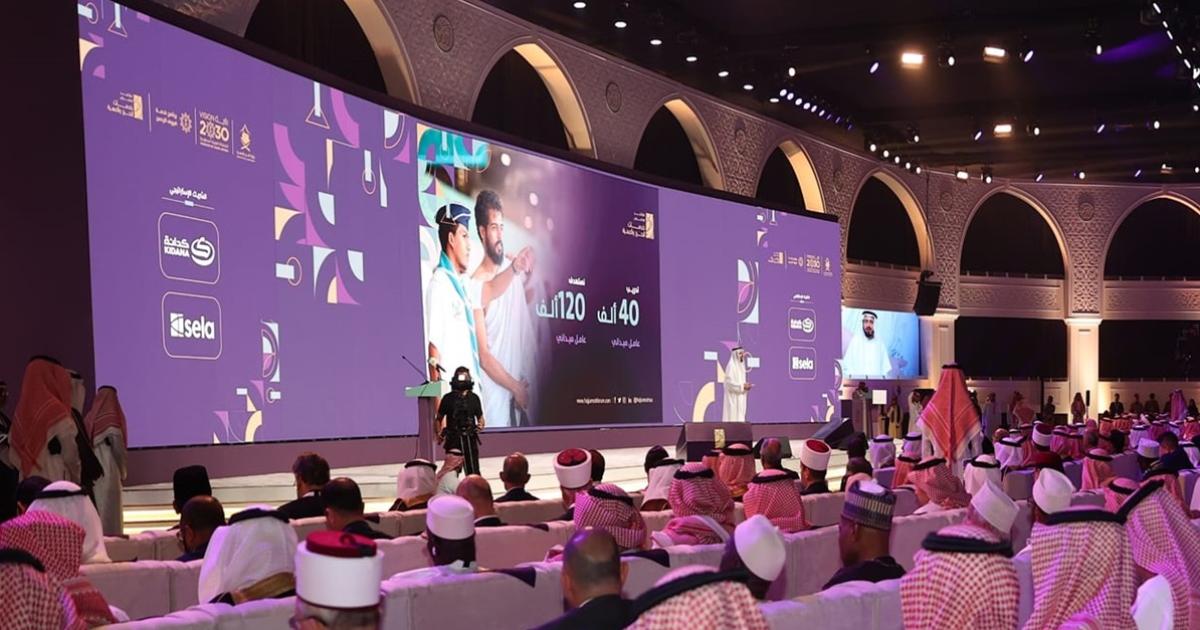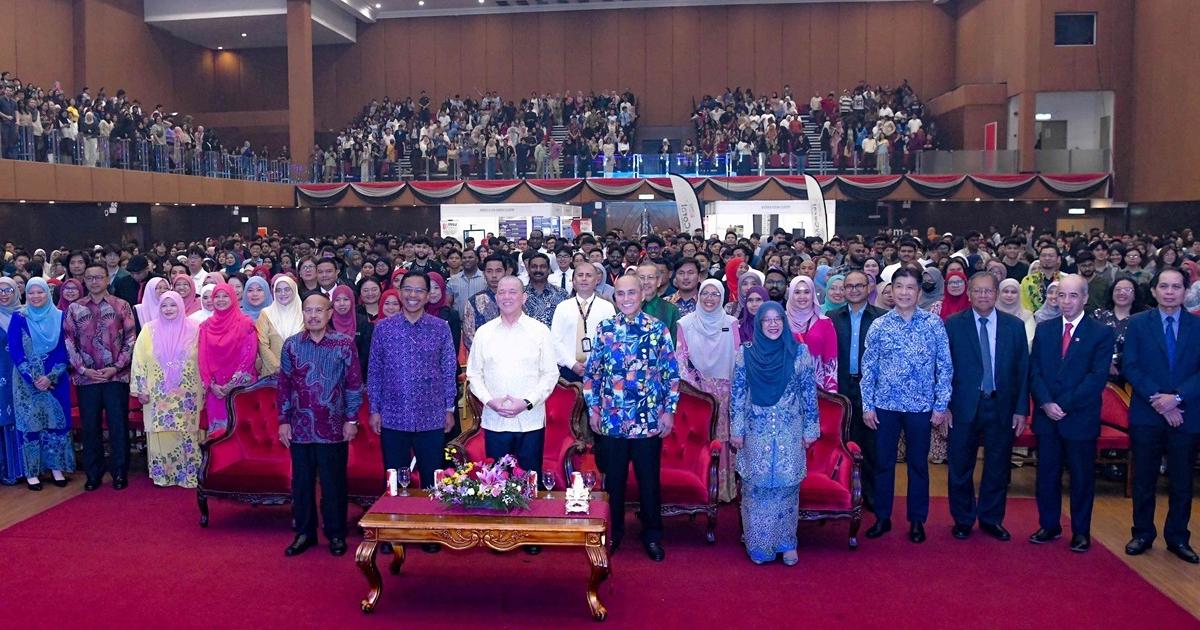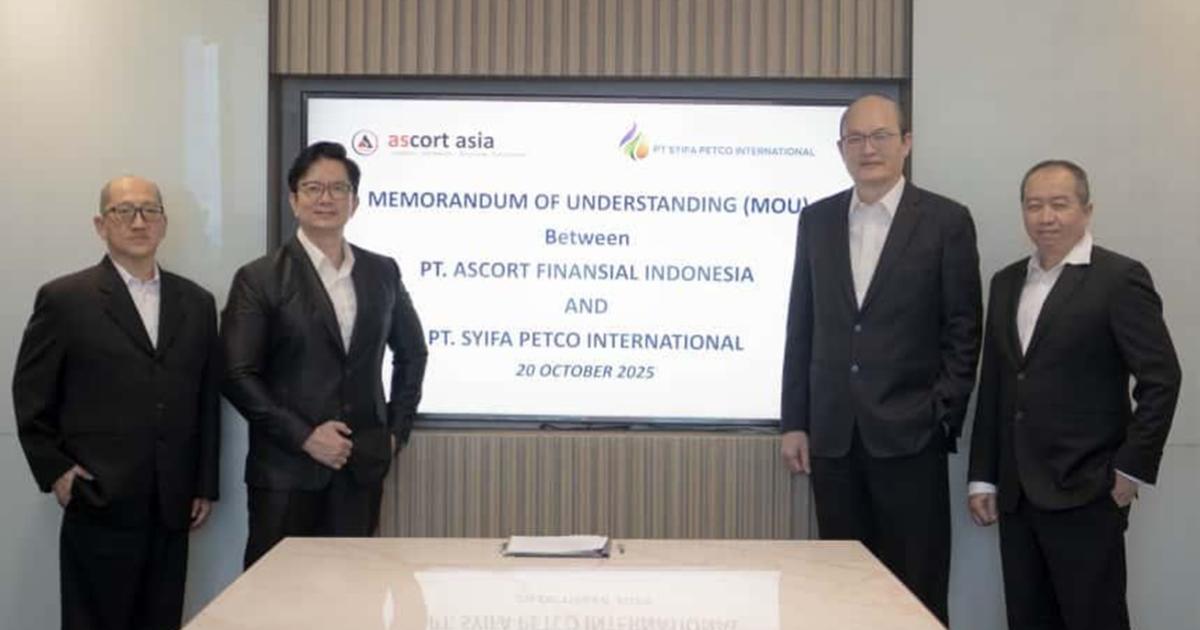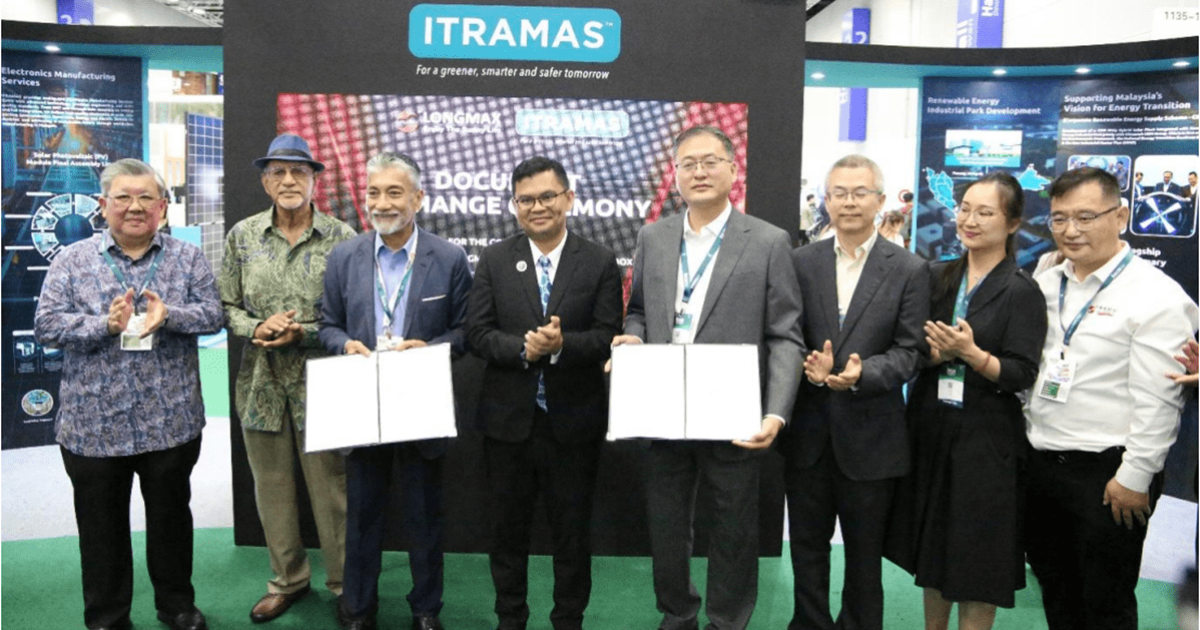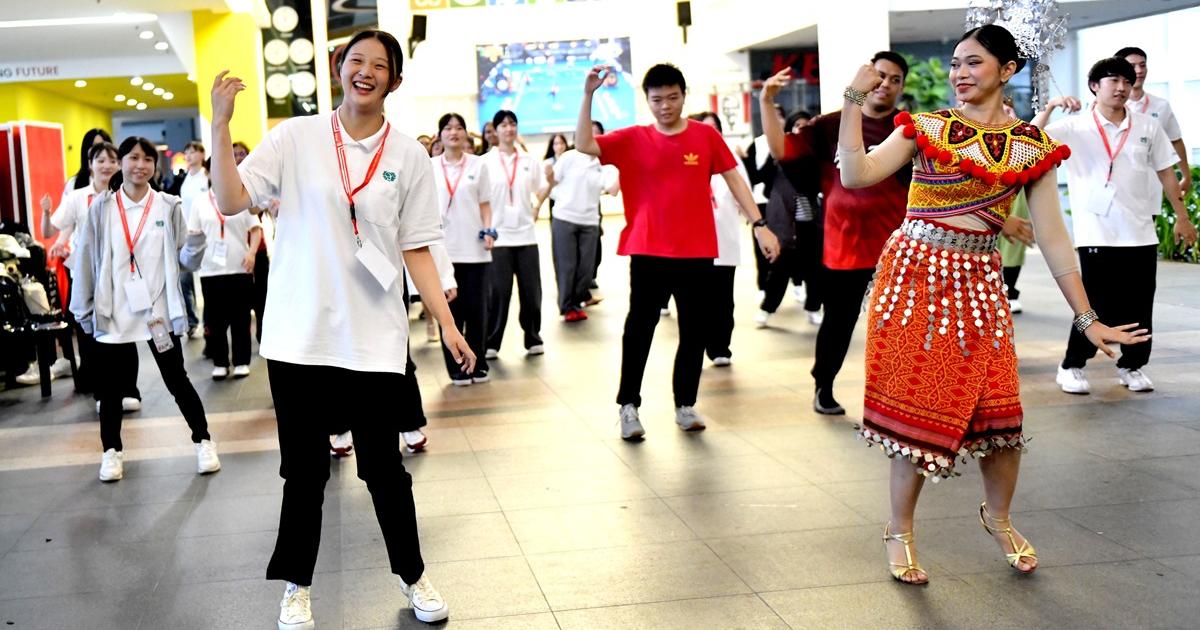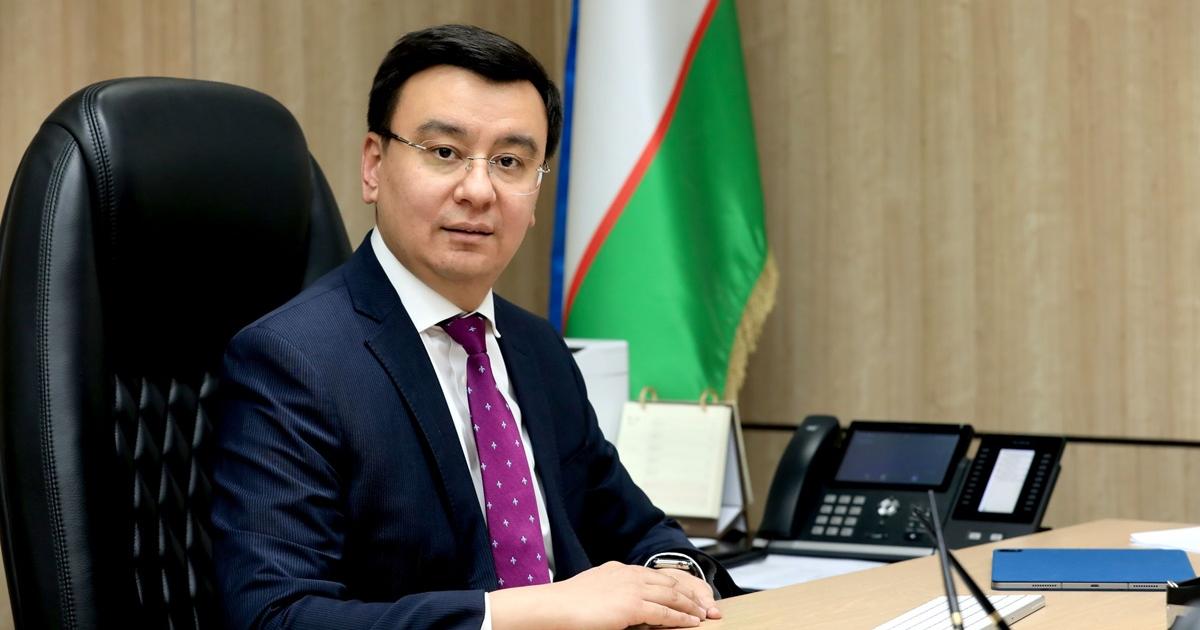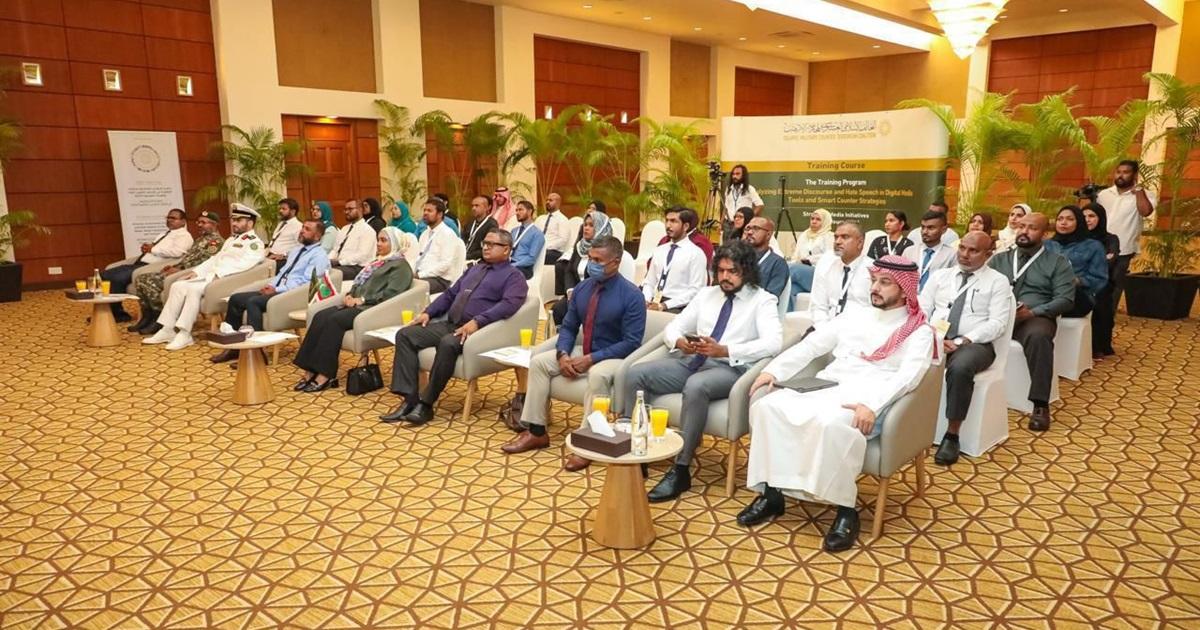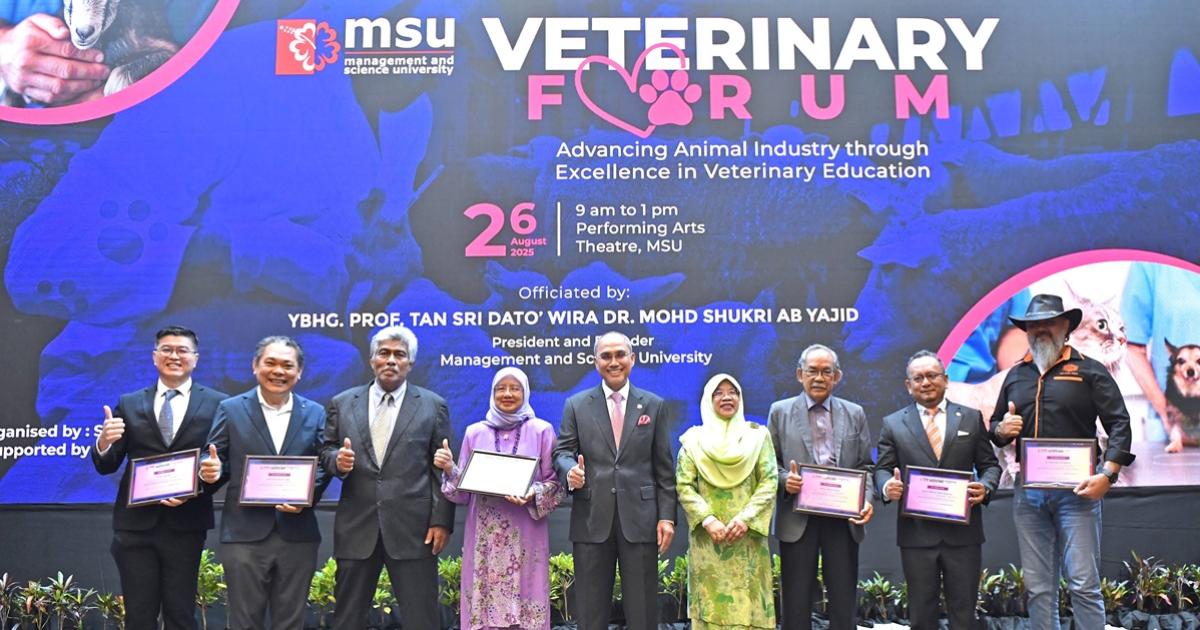
Malaysia’s Department of Standards, which operates under the Ministry of International Trade and Industry developed the world’s first ISO-level standard (MS2424) as the guidelines for the manufacturing of Halal pharmaceuticals and it was revised in 2019 to include the manufacturing of Halal vaccines.
Since its establishment in 1969 the Organisation of Islamic Cooperation (OIC), formerly known as the Organisation of Islamic Conference, has been actively working to save guard the interests of the member countries and enhance their cooperation in various fields at different levels. Healthcare is one of the main sectors that require continuous coordination of the efforts between the OIC member countries based on the resources and expertise each of them has to transfer knowledge and experiences so all can benefit. In light of the health crisis caused by the ongoing novel coronavirus outbreak, the OIC’s general secretariat organised many events to discuss, initiate and effectuate a number of strategies in collaboration with agencies within and beyond the Muslim world.

Figure: OIC countries
The OIC endeavours to safeguard and protect the interests of the Muslim world in the spirit of promoting international peace and harmony among various people of the world.
A two-day virtual workshop was held by the Indonesian Food and Drug Authority on 9 and 10 December 2020 with active participation by over 200 scientists, researchers and industry experts representing the National Medicines Regulatory Authorities (NMRAs) and Pharmaceutical companies from different OIC countries. The theme of the workshop was “Enhancing Collaboration in Research, Manufacturing, Management of Medicines and Vaccines in the OIC Member States” and as the workshop concluded its sessions, participants expressed their resolve to push for collaboration in the production and distribution of vaccines and medicines. In 2018 Jakarta hosted the first meeting of Heads of NMRAs from OIC countries and what was declared can be used as the base to address the COVID-19 adversity.
Is It Halal?
While many countries around the world are racing to test and produce effective vaccines, there are some concerns by users and activists who question the safety and efficiency of these vaccines. But for the Islamic nations, there is another concern related to the permissibility of these drugs in terms of being Halal. The inability to confirm that the introduced vaccines are compliant with Halal certification guidelines may further delay or slow down the process of vaccination in many Islamic nations either because the authorities won’t grant approval or because people will be hesitant to take the vaccine. Of all the COVID-19 vaccines being developed along 2020, none have indicated whether they will be Halal-certified.
Muslims are quite concerned whether the products they use or consume are Halal or not.
This calls for close cooperation between the OIC countries, which only have 16 vaccine producers according to halal pharmaceuticals experts in Istanbul. In fact, vaccine producers in non-Muslim countries are not primarily focusing on having products that can be Halal-certified as their number one priority is to get an effective vaccine out in the market and be able to compete with other producers. The question of whether or not these vaccines are Halal remains unanswered until their ingredients are examined. Oftentimes, porcine gelatin is used to produce different types of vaccines but using that makes them non-Halal. Bovine or non-animal derived ingredients would have to be used instead. The question is: will Muslims wait until western manufacturers have time to tailor the products to be Halal?
Additional Concerns
The answer to this question may be more complicated than it seems because the issue is not in the ability to produce Halal vaccines, but more in getting them certified. In order for any product to be Halalcertified, it needs to go through a sophisticated process of testing to cross-check its features against the certification standards. Hence, the next question that arises is: have the certification standards for the COVID-19 vaccine ready been identified? In 2018, a joint Saudi Arabian and Malaysian venture, AJ Pharma, developed a vaccine using animal-free ingredients but did not get Halal certification as standards are not yet up to par. There has been a significant delay in issuing Halal standards for pharmaceuticals.
From a religious viewpoint, the delay in issuing Halal standardisation for pharmaceutical products may be justified by the fact that a Muslim is allowed to consume that which can save his or her life because in this case consuming this product is a necessity. On the other hand, most manufacturers in various industries across the world have been cautious about Halal when they introduce their products because they wish to tap into the huge Muslim market of about two billion people. In addition, experts suggest that there will not be a need to change the new COVID-19 vaccine but only modify its formula. However, this does not give the authorities and vaccine manufacturers in the OIC countries the excuse not to be self-reliant when it comes to the development and trials of new vaccines.
Becoming Self-Reliant
Malaysia has been the pioneer among the OIC member countries in issuing Halal certification standards for various products and its process of certifying products has been widely accepted and adopted by many countries. Back in 2012, the Department of Standards Malaysia (DSM) developed the world’s first ISO-level standard (MS2424) as the guidelines for the manufacturing of Halal pharmaceuticals. It was later revised in 2019 to include the production of Halal vaccines. What is unique about the Malaysian Halal certification programme is that it is developed and coordinated between a number of government agencies and private companies and its experience has been acquired by several Islamic and non-Islamic countries.
Advanced research should be encouraged and supported to cater for the specific needs of the Muslim population.
What is needed at the moment is more coordination between the governments of the OIC member countries in order to exchange the knowledge and resources for the benefit of the whole Ummah and humanity at large. There is no doubt that many OIC countries have talented scholars who are capable of producing informative research that can help the development of medicines and vaccines. There have been several examples of scientists whose origins are from OIC countries that participated in developing a number of the COVID-19 vaccines in a few western countries. More research should be encouraged and funded by the governments of the OIC countries. This may establish for an era where high quality safe and effective vaccines can be sourced from these countries to the world.
- Business News 100
- Country News 16
- Feature News 30
- International News 151
- Interview News 35
- National News 18





